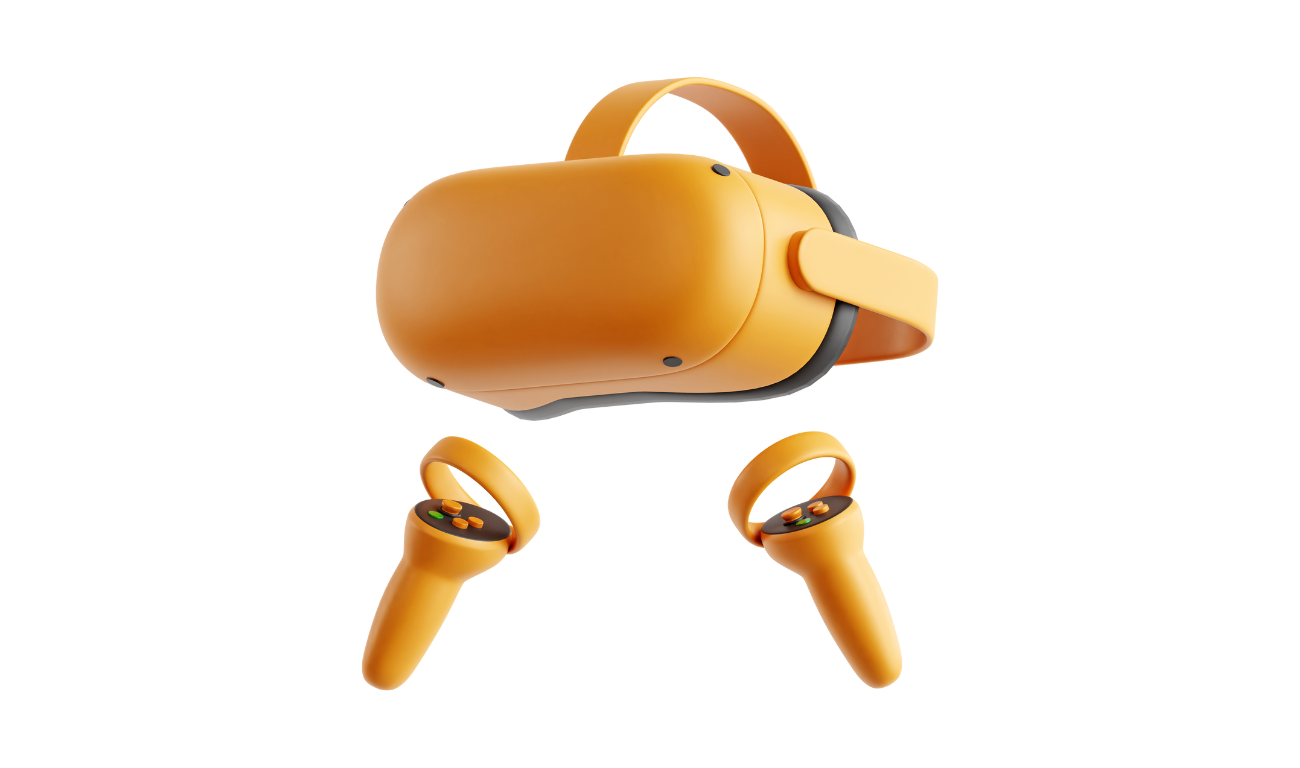
The significance of audio testing in open-world games
We could discuss the significance of audio in gaming for hours, but let us begin by painting you a picture:
Imagine yourself as a child once again. School ended early, and you hurried home, grabbed your lunch, and logged onto the computer. You just completed downloading Grand Theft Auto: Vice City. Your understanding of the real world is still limited at this age, so this virtual world feels like your reality. You entered a few cheat codes and are about to embark on a new mission filled with intense action: gunfire, screams, police sirens, approaching footsteps and substantial rewards.
Unfortunately, you soon realize your grandmother is sleeping, so you reduce the volume of your speakers to nearly zero.
Without the full soundscape, what has become of the essential thrill of G.T.A.? Where has the suspense gone?
Without audio, it feels like a Grand Theft took place, and the whole game’s magic was stolen. And even though audio quality assurance is of the utmost importance in most video games, we want to offer you a full insight into how we test audio quality in open-world games.
Open-world games and audio testing
According to Merriam-Webster dictionary, an open world game is a video game or part of a video game in which the player is not constrained to achieving specific goals and has a large degree of freedom to explore, interact with, or modify the game environment.
When this sort of freedom comes into play, the audio quality needs to not only support the visual universe of the game but also immerse the gamer fully into the virtual experience, satisfying his wish to explore and customize his new world full of choices.
While open-world games like the Grand Theft Auto series, The Witcher or Elden Ring are worldwide appreciated for their interactive feature, for us game testers, the process of audio quality assurance grows in complexity, as we need to explore every open-ended quest, every aspect of the game and every potential choice available to the player.
Study case: how Quantic Lab approaches AQA in open-world games
Let’s dive into Quantic Lab’s practical approach to enhancing audio in open-world games. Our partner requested thorough audio quality assurance for an open-world RPG, where sound is essential for building an immersive environment. Following our best practices described in our latest article, our team of game testers relied on automated tools and manual testing to check how environmental sounds, such as wind, rain, and footsteps, changed as players moved through different terrains.
Challenges emerged during the development process when multiple sound layers were triggered simultaneously. This caused a noticeable drop in frame rate and audio desynchronization, which impacted the player’s experience. The issue became particularly problematic in large, dynamic environments where various environmental sounds, such as wind, footsteps, and distant noises, had to play together seamlessly.
To address this, the Quantic Lab team implemented iterative testing cycles throughout the development process. By focusing on performance optimization for each platform and conducting thorough checks on how sound was processed across different systems, they identified and resolved the underlying issues. This allowed us to solve the problem, resulting in a smooth audio experience that fits perfectly with the vastness of the game world, and the partner was satisfied with our work.

By presenting this short inside strategy on how Quantic Lab usually operates, we want to highlight that in the gaming industry, where immersive gameplay is paramount, audio quality assurance is essential for delivering a seamless gaming experience.
Conclusions: is AQA important?
By incorporating audio testing at every stage of the development process and using best practices like automated and manual testing, localization QA, and real-world sound testing, developers can ensure that every player experiences the full depth and richness of the game’s audio. This approach helps guarantee that all aspects of the game’s sound, from voiceovers to environmental effects, work seamlessly across different platforms and settings.
As audio technologies continue to evolve, our role as audio game testers is vital for developers who want to ensure the perfect gaming experience. Our GTA Vice City example becomes more than a nostalgic throwback because it demonstrates that a game’s success is not just about stunning visuals and engaging gameplay: it also depends on how well its audio connects with players. Whether it’s the ambient sounds of the environment or the clarity of dialogue, well-tested audio can make all the difference in creating a truly immersive gaming experience.
And if you still doubt the importance of audio, the next time you sit down to play a newly downloaded game, try muting the audio during one of the most intense moments and observe the difference it makes. Of course, we’re joking. Relax, immerse yourself fully in the game, and experience it as intended. That will demonstrate to you, as well as to us and our partners, that we have successfully achieved our goal to create an immersive experience for you.

